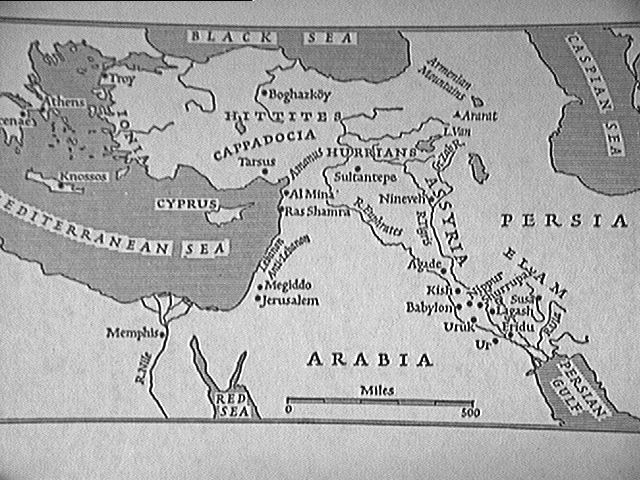Free Essay: The Utilitarian Theory of Punishment.
In the article “Punishment-Theories of punishment”, it backs up this statement by saying “laws that specify punishment should be designed to deter future criminal conduct.” Another utilitarian theory involves rehabilitation. The goal of this is to prevent future crimes as well. Inclusive is treatment for afflictions such as drug use.
According to the utilitarian theory, moral actions are those that produce “the greatest happiness of the greatest number of people” (Hudson, 1996:54), inferring that if punishment is effective in reducing crime, then the pain and unhappiness caused to the offender and to the relatives may be outweighed by the unpleasantness to other people.

The concept of punishment exists in many different forms, each with conflicting views on how to best approach an offence committed by individuals. Two theories stand at the forefront of punishment being that of the Utilitarian, and Retributive theories. Each theory presents its own idea on how.
Another view is that of the utilitarian theory and it is focused on the future rather than the past. Punishment is not given because a crime, but given so that something good could result. An example would be instilling shame in a person if they did something that we feel is wrong. Lastly, we have the restitution theory. Restitution is provided.

Utilitarianism And Capital Punishment Essay - Dominick Sperando Utilitarianism and Capital Punishment: In Utilitarian theory there is a constant debate within the population to determine whether something is considered ethical, the issue of capital punishment is no different.

Utilitarian Theory Essay Sample. The theory of utilitarianism as advanced by Jeremy Bentham entails the perpetuation of a course of actions that promotes utility, which is by definition the heightening of happiness and reduction of suffering. In light of this, Bentham’s utilitarian theory of value anchors on public utility, which links to the.

The novel Crime and Punishment by Fyodor Dostoyevsky explores mid-nineteenth century utilitarianism as a motivation of characters’ actions, while demonstrating his own perspective on the philosophy. Dostoyevsky is able to reveal the true selfish and unselfish nature of characters, such as Raskolnikov and Sonya, through each of their uses of utilitarianism.

Utilitarianism - Utilitarianism - Effects of utilitarianism in other fields: The influence of utilitarianism has been widespread, permeating the intellectual life of the last two centuries. Its significance in law, politics, and economics is especially notable. The utilitarian theory of the justification of punishment stands in opposition to the “retributive” theory, according to which.

For instance, punishment as a means of constructing social solidarity, punishment as an expression of culture and sensibilities, and punishment as a reflection of normalization and discipline. Let's focus on the two main approaches to justify punishment from a political theory point of view: retributive justice and utilitarian justice.

The Utilitarian theory seeks to punish offenders to discourage future wrongdoing. This theory appears to be more humane, punishment at best would be a necessary evil. Its main focus is punishment should be an option if it is going to produce an overall good. What if making an example of someone would lead to the most overall good, this theory.

If we use the deontologist theory with capital punishment, it would be a little bit unrealistic to expect consistently good results to come from making a decision according to the practical theory. Everyone wants to be happy and make the right decisions to be happy, but as I said before, that is unrealistic because it is not realistic to make.

This aspect of Kant's theory has been emphasized by other retributivists who oppose what are called humanitarian theories of punishment. A humanitarian theory is a variation of utilitarian theory that advocates therapy and treatment, not punishment. Karl Menninger, whose views we considered in chapter two, gives such a theory. For Menninger.

John Stuart Mill (1806 - 73) formed the Utilitarian Society which met to read and discuss essays. His works include On LIberty and Principles of Political Economy. Jeremy Bentham (1748 - 1832) set out to theorize a simple and equitable legal system. The law of utility, for which is best remembered, states that the goodness of a law can be.



